
Working in the Office vs. from Home: What's the Best Mix?
Many of us had to adapt to working from home during the COVID-19 pandemic, but what mix of home working and working in the office would we prefer?
Employees were advised to work from home where possible from March 2020 onwards in both Switzerland and the Netherlands, as the pandemic took hold in Europe.
Although flexible working was already quite common across Europe prior to COVID-19 restrictions, remote work has still been a new phenomenon for many office workers. But do we actually prefer working from home, or have we missed working from the office?
The pandemic will have given many employers and employees the opportunity to consider home working for the first time. Moving forwards, some workers may feel that they prefer working from home, and could try to split their working hours between the office and home. Some may never want to return to the office at all.
At EMEA Recruitment, we wanted to hear from our network across Switzerland and the Netherlands, to determine how many days people prefer working in the office versus working from home.
The results may be interesting to managers, particularly in the Human Resources sector, considering how to integrate remote working in the future.
On LinkedIn, we ran a poll for one week from 21st -28th October. We had a total of 1,364 votes on the survey, which asked respondents to vote for their ideal mix of office work/working from home.
The poll revealed a staggering preference for working one to two days from home, with the remaining days in the office. This option won 47% of the vote, with 642 professionals choosing this mix.
The second most popular choice highlighted a clear preference for remote working, with 38% of respondents (or 524 people) opting for working three to four days from home.
In fact, working from home five days per week was the preferred option for 10% of people (130), indicating that the days of full-time office work may be behind us. Just 5% of professionals (68) said they would like to work in the office five days a week.
Although many of us would like to be in the office most of the time, companies should be aware of how many professionals feel that working from home is beneficial to them in some way. Perhaps the changes brought about by the pandemic could enforce more flexible working conditions for office workers moving forwards, in line with their clear preferences.
We would be interested to hear from HR leaders who are navigating the changing world of work on your plans for the future. If you based in Switzerland, please contact Keely Straw or if you are in the Netherlands, contact Katie Insley.
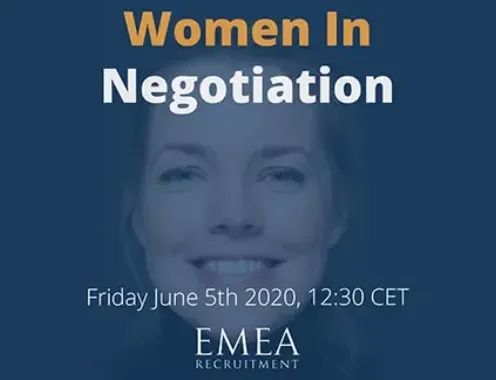
Latest EMEA Webinar: How to Get A Career You Love and Negotiate the Heck Out of It - Wies Bratby
The inspirational fight for women’s equality during the last century has resulted in equality between men and women in the workplace being a closer reality than ever before. However, there’s still work to be done. All too often, high-achieving women are too afraid to ask for what they want, need and deserve in case of rejection, judgement or a negative impact on relationships with their colleagues or clients. However, this does not have to be the case!
In May, we welcomed Wies Bratby to the EMEA Recruitment Podcast with our founder, Paul Toms. In the podcast, Wies outlined how it is her life mission to help women negotiate their worth, and gave an overview of her current programme, Women In Negotiation (WIN). Wies’ longterm passion for negotiation led her to begin her career as a lawyer in the Netherlands, before moving on to become a HR Director, setting up human resources across the globe. Upon moving to Switzerland, Wies recognised that women around the world were struggling to find their dream jobs and negotiate fitting salaries for their hard work.
As a result, she launched WIN, which helps women across the world realise their worth, communicate it and get them the positions and salaries they want. WIN is consistently successful, with an average salary increase of 49.1% for promotions or new roles.
Following on from the inspirational podcast, on Friday, 5th June, EMEA once again partnered with Wies to host her ‘How to Get A Career You Love and Negotiate the Heck Out of It’ webinar session with a multitude of women from our Swiss network.
In the webinar, Wies shared tips and insights into how our guests could transform their careers by finding their dream ‘unicorn’ job and negotiating a salary which truly reflects their hard work. Primarily, the workshop explained in depth 5 key pieces of advice that any woman should take on board in order to find a job that they truly love.
- View the current pandemic crisis as an opportunity
- Raise your expectations
- Being a woman is an advantage
- Don’t focus on getting the job
- Invest in training
EMEA Recruitment would like to place on record our thanks to Wies Bratby for hosting a fantastic, empowering workshop, and if you’re interested in finding out more about how Women In Negotiation can help you, follow this link.
If you have any ideas of further virtual workshops or events you’d like to see us run in future, don’t hesitate to contact Paul Toms or any of our consultants through our Meet The Team page.
Want to read more content relating to women in the workplace?
In early March, we posted a series of posts celebrating International Women’s Day 2020. These included a summary of the events and activities EMEA have carried out to support women’s equality and a roundtable discussion between our Managing Director, Richard Bailey, and 3 of our senior consultants, who shared their experiences regarding attitudes towards women in the workplace.
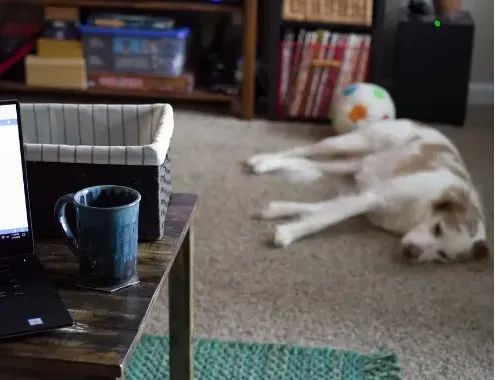
Top 7 Benefits of Working From Home
As the Coronavirus pandemic continues to spread across the world, millions of businesses are being forced to adapt to managing a completely remote workforce. We know that for most of us, this is a highly concerning time, and for some it may be a particularly anxious period, which we talked about in a blog post earlier this week. However, with home-working being brought to the forefront en masse, it’s the perfect time to highlight the benefits that home working can bring to an employee’s working life.
Therefore, below, we’ve outlined 7 key personal benefits of remote working, and the tangible health benefits it provide.
Remember, it isn’t for everyone…
Before jumping into a list of the direct benefits of home working, it’s important to point out that it isn’t, and never will be for everyone. There isn’t a clear answer on whether working remotely increases employee productivity, or not. What makes a person more productive and produce better results differs from employee to employee, and is completely dependent upon their work-style and personality. It should be no surprise then, that academic studies are unable to categorically say that home-working increases productivity across the board. We’re all different, and for some there is nothing worse than trying to work whilst surrounded by home comforts, whereas others may thrive in an environment free of office distractions and background noise.
Fundamentally, sometimes the grass is always greener on the other side. When you’re sat in the office, the chances are that you could think of nothing better than being sat in your cozy living room with your pets. However, when you finally get the opportunity to do so, you might miss the office and your colleagues and hate working from your living room. It’s all about finding the balance which works for you.
Top 7 Benefits of Working Remotely
1. Flexible Schedule
Answer that phone call, take the dog for a walk, take a break when you see fit and have your lunch when you want it. Working from home gives you the freedom to manage your own schedule with office hours having less of an impact on it. If you’re not constrained to office hours, the freedom is completely yours to choose when to complete your work. Even if you do work office hours, if you have a 10 minute break in between calls, you can spend your time not working doing something valuable; get some exercise, play a song on your guitar, sit outside and get some daylight. These are things especially valuable to your mental health during this current isolation period.
2. No commuting
Nobody enjoys commuting to work everyday. Some of us spend hours each day travelling to and from work. Working remotely cuts this out, giving you ample free time to spend not thinking about your work, saving money on fuel and public transport and cutting your carbon footprint. You’re not only saving time and money, but also the environment!
3. No office distractions
We know some people thrive in the office environment, but it can sometimes be all too easy for some of us to spend half of your day listening to office chatter, staring at the bustling city outside your office window and getting involved in office politics. At home, you’re free to isolate yourself and place your entire focus onto the day’s work, as you see fit.
4. Your own custom environment
At home, you’re in control of your own environment. Set your own noise level, be that working in complete silence, switching on nature sounds, listening to office bustle or even sing along to your favourite songs. Choose exactly where you set up your office. It doesn’t have to be a large desk in your living room or in your study. You can set up your office on your sofa or even work in the garden. The choice is completely up to you to find the environment which increases your productivity the most and best suits your lifestyle.
5. Complete household tasks usually reserved for the weekend
While working in the office everyday during the week, we often don’t get the chance to tidy the whole house, wash the ever-growing mountain of laundry in your basket and mow the garden until the weekend comes. Working from home gives you the chance to complete these tasks during your breaks, meaning the weekend can be reserved for you to spend more valuable time doing the things that you enjoy; just how it should be spent.
6. More time with the people you value the most
Of course, working from home can bring you closer to those you love. This is especially true during the current situation, where children across the world are off school and your significant other or housemates may be working from home too. Even in more ordinary times, you don’t have to send your children to after-school clubs because you’re at home already, you can spend time with your pets rather than leaving them alone during the day, or even just spend more time to yourself.
7. Communicate more effectively with colleagues and Value time with them more
Working from home doesn’t have to be the stereotypically isolated and lonely situation it once was. Modern technology has changed it significantly. It’s so easy to organise a virtual meeting, and because you know you can’t just walk over to your colleague’s desk to ask a question, but have to actually place some thought into a virtual meeting, you will refine your thoughts and communicate more effectively. Furthermore, the contact you have with your colleagues while working remotely can sometimes be more fun thanks to modern technology, even outside of work hours. During the COVID-19 isolation period, EMEA Recruitment have had beer meetings, virtual pyjama parties, and daily catchup calls through our virtual meeting room software EMEA Live.
Health Benefits
Ultimately, perhaps the greatest argument in favour of working from home is the benefits it can have on your physical and mental wellbeing. Commuting to work everyday is not only frustrating, but research has found it is actively shortening our lifespans. Uncomfortable temperatures, anti-social behaviour, overcrowding and journey delays due to high traffic have been found to be the biggest contributors to stress caused by commuting. On top of this, commuters eat approximately 767 calories more on average outside of meals per week as a result of their travel times. Working without the commute allows people to cook healthier foods at home, snack less and feel less stressed.
It isn’t just the commute, either. All of the benefits outlined above contribute to a less stressful and healthier life for workers. The more balanced schedule that home-working gives us allows more time and money to do things that enrich our physical and mental wellbeing, perhaps leading to a longer and more healthy life.
The future of remote working
Prior to the current coronavirus outbreak, remote working was already an increasing trend, with it being projected that 1 in 3 workers will be able to work from home by 2022. Of course, the current crisis has pushed home-working into the forefront on a mass scale. Of course, this isn’t an accurate representation of what a future with a higher amount of home-working will look like, and a mix of both approaches to work will most likely prevail. However, we may see more employers in the future look back at this period and look at remote working with a more positive mindset.
Of course, it will never be for everybody, but for some people it may be the difference needed to produce a more productive, less stressful work-life, and therefore as the work environment continues to evolve, the tangible benefits of remote working will most likely continue to become more relevant.
Keep up to date with our progress in working from home and all other things EMEA on our LinkedIn page, including our #MyWeekFromHome series of posts every Friday. Also, make sure to keep up to date on our News and Events pages for more updates in the coming weeks.
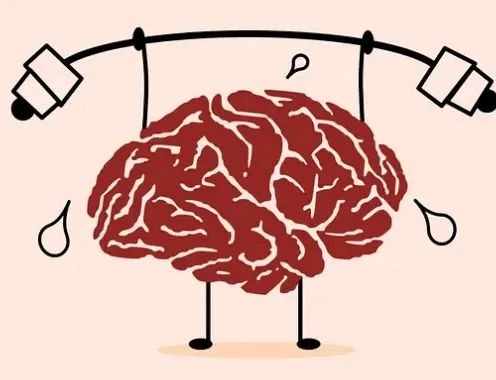
Tips to Maintain Your Mental Wellbeing During the COVID-19 Lockdown
Without a doubt, due to COVID-19, we are currently experiencing an unprecedented situation, unlike anything most of us have experienced in our lifetimes before. At EMEA Recruitment we hope that all of our clients, partners, contacts, readers and their families are all safe and well during these difficult times.
Across the EMEA region, the pandemic has resulted in governments limiting social contact and encouraging people to stay and work at home for their own safety and the safety of others. For many people, working from home during this period of social distancing may bring many benefits in terms of work/life balance, flexibility and not having to commute, which we will cover in more detail in an article later this week.
However, everybody recognises that the advice given to us by officials has turned our daily lives upside down. For some people, this is an anxious and worrying time, with mental health charity SANE reporting a sharp increase in calls since the pandemic began, with over 80% of them citing worries about coronavirus.
Therefore, we feel it is important that society encourages best-practice to help people stay as happy and mentally healthy as possible. Below, we’ve put together a number of tips to maintaining your mental well-being while working and living in isolation.
Stay connected with others
Advances in modern technology during the last 15 years mean that even though you cannot see colleagues, friends and relatives in person, you don’t have to feel lonely while practicing social-distancing.
- Organise video chats with people you’d usually see in person. Video chats are about as close as you can possibly be to spending time with somebody in person. At EMEA, we have used our virtual meeting room platform EMEA Live to organise activities such as a virtual team beer meeting last Friday and virtual pyjama parties. One of our consultants even organised a virtual dinner with their friends in Italy!
- If video calls aren’t possible, organise phone calls and keep in contact through instant messaging
- If they don’t already, encourage your workplace to take advantage of the digital tools available to aid home-working - Use Zoom, Odro, Microsoft Teams, Slack, Skype or any other means to stay in contact with your colleagues to make sure home-working is effective and less stressful
- Use the time at home to spend quality time with loved ones
- For some, spending so much time at home may cause tension and anxiety. If this is the case, try to use the time to strengthen relationships with your family or housemates
Keep active
Going to the gym is a key pastime for many people in order to maintain mental well-being, and although gyms may be closed across the world currently, it is still vital to keep active as much as possible. Make sure to check government guidelines, and if they permit you to do so, go for a walk or jog outside each day, or use exercise equipment in the home if you have it.
However, not everyone is able to go outside currently, and not everyone has exercise equipment in their home; in which case it’s important to try and incorporate simple physical activities into your daily routine. This can be done in a number of ways:
- Clean your home - Just simple housework can get you moving around the house and only requires equipment everybody has in their home
- Climb up and down the stairs
- Do some gardening
- Watch and take part in online exercise video courses
- Set a reminder to get up out of your seat every hour - Try not to get bogged down in your office chair, and make sure to get up and get active when you’ve been sitting still for too long
Maintain a healthy, regular routine
It can sometimes be difficult to maintain your usual routine when working from home, and it could be especially difficult while self-isolating. You could be going to bed later, getting up earlier or struggling to sleep all-together.
- Try to follow your ordinary routine as much as possible. Get out of bed at the same time as normal, follow your usual morning routines, wear your usual office clothes and go to bed at the usual time
- If you don’t like your daily routine, now is an opportunity to change it; Go to bed earlier, spend more time cooking healthy food, develop a better work/life balance etc.
- If you are finding it difficult to sleep or struggling with your daily routine due to anxiety, make sure to talk to someone rather than suffering alone
- Write down your new routine, set alarms on your phone to remind you to do things at certain times, or pin it to your wall to make sure you’re constantly reminded of it
Stay Mentally Stimulated & Get Some Fresh Air
While you may be stuck inside and have limited ability to go outdoors, its still important for your mental wellbeing to expose yourself to some fresh air, sunlight and nature. Furthermore, spending time indoors doesn’t have to be seen in a negative light, it presents a unique opportunity for us to do something different.
- Use the isolation period as an opportunity to pick up a new hobby. Learn to play a new musical instrument, start cooking or baking, take up painting or crocheting or any activity you would enjoy. This is the perfect time to do something you’ve always wanted to do but hadn’t previously had the time to do
- Read books and magazines, listen to podcasts and watch films - Keep your mind stimulated even when you’ve finished your work
- Have a clear-out of old things to donate to a cause of your choice
- If you can’t leave the house or sit in your garden, make sure you open a window or door to let in some fresh air, and set-up your desk in front of a window with a view of the sky so you can receive some sunlight
- Having exposure to green environments and nature in your daily routine can improve your mood, relieve stress and anxiety, and increase relaxation - Therefore try and incorporate it into your routine by listening to nature sounds while working, putting up photos of your favourite natural places or growing indoor plants! Youtube has a wide variety of natural soundscapes to listen to, and even office background noise if you’re missing your colleagues!
Limit Your Exposure to News and Be Mindful
Of course, with the situation changing so quickly at the moment, everybody is trying to keep up to date with the latest news, advice and figures, but it’s all too easy to become anxious and worried by reading negative news, and to add to this, social media is unfortunately very effective at spreading fake-news, some of which can not only encourage bad practice, but also cause even greater distress to those reading. Therefore:
- Make sure to check where the information you’re reading is sourced from, and try to stick to trusted, certified websites
- Try to limit the amount of time you spend watching or reading news which makes you feel anxious
- Set a specific time each day as part of your routine to get updates
- Social media is obviously a great tool for keeping updated with people and news, but consider using tools such as Screen Time to limit the amount of time you spend scrolling through your feed
Use the APPLE Technique
If you are feeling anxious or worried during the Coronavirus pandemic, mental wellbeing charities recommend using the APPLE technique, this is as follows:
- Acknowledge: Notice and acknowledge the uncertainty as it comes to mind.
- Pause: Don't react as you normally do. Don't react at all. Pause and breathe.
- Pull back: Tell yourself this is just the worry talking, and this apparent need for certainty is not helpful and not necessary. It is only a thought or feeling. Don't believe everything you think. Thoughts are not statements or facts.
- Let go: Let go of the thought or feeling. It will pass. You don't have to respond to them. You might imagine them floating away in a bubble or cloud.
- Explore: Explore the present moment, because right now, in this moment, all is well. Notice your breathing and the sensations of your breathing. Notice the ground beneath you. Look around and notice what you see, what you hear, what you can touch, what you can smell. Right now. Then shift your focus of attention to something else - on what you need to do, on what you were doing before you noticed the worry, or do something else - mindfully with your full attention.
These are concerning times for everybody, but it’s important to remember that we will get through them together. By looking out for one another, following government advice, ensuring hygiene and maintaining your mental wellbeing, we can get through to the other side of this crisis.
At EMEA Recruitment, it’s still business as usual as our consultants are working from home. We’ll be keeping you up to date with more updates during the next few weeks, so keep an eye on our news & events section for more information.
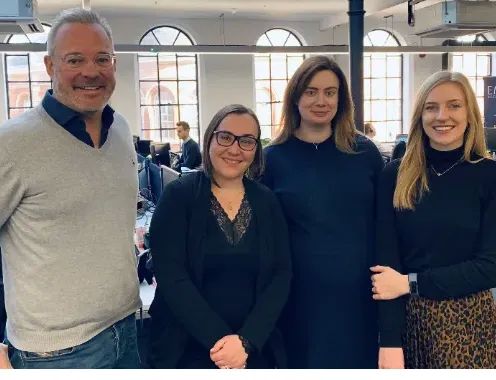
International Women's Day 2020: Roundtable Discussion
To mark this Sunday’s International Women’s Day (IWD), our Managing Director, Richard Bailey, carried out a roundtable discussion with Anna Moizio, Emma Feneley, and our Associate Director, Georgia Wright all pictured to the left.
In the this International Women's Day roundtable, Richard asks our team a range of questions revolving around IWD. The team then discuss their thoughts and experiences with regards to attitudes towards women in the workplace and beyond, including what IWD means to them individually and how they would like it to progress in the future.
Rich: The very first National Women’s Day was held in New York City in 1909. The UN were next to recognise International Women's Day in 1975. I’m sure women’s rights and levels of equality have benefited from these initiatives over many years, but what are your views on IWD and how has it helped women globally?
Georgia: It’s a big question. I think IWD is open to interpretation and means different things to different people. For me, it’s fundamentally about respect and appreciation of each other. To have a specific day to help focus everyone’s mind globally is so powerful.
Emma: It’s a great initiative; it’s a platform to celebrate the achievements of women. It’s wonderful that it has become a truly global day.
Georgia: It is brilliant for IWD to gain global acknowledgement beyond western countries, for example, China holding an official holiday on IWD for women.
Emma: I worry that there is still a need for it to exist. It’s quite sad that globally we still need to promote equality for women. The statistics showing the number of female versus male CEOs don’t show equality and, likewise, the proportion of female politicians is very poor across the world.
Anna: I find it sad that it is still newsworthy when a woman achieves a senior position in society or in business. I wish we did not feel the need to have to promote this as news.
Rich: How has IWD helped?
Emma: I personally do not feel blocked in my everyday life from achieving anything, but I am aware this isn’t the case for all women, in the UK or elsewhere. Hence, the work that IWD has and will continue to do to raise awareness is of paramount importance.
Anna: In my early career in Italy, I felt that when I had interviews, my life was being addressed more than it is now. Asking about family plans and marriage was a common occurrence, and I’m happy that it does not happen that often anymore. I’m convinced that IWD contributed to this international change of attitude.
Georgia: I still occasionally have clients question women about their family plans. I hope IWD continues to promote good practice in the workplace.
Rich: #EachforEqual is the 2020 theme for IWD, how do you personally hope it is interpreted?
Anna: IWD is presenting a broader theme beyond the business community, which I think is great. It’s not about being a woman, it’s about everyone, and how everyone is allowed a voice in society. Everyone should be supported, and I hope #EachforEqual will make it possible for voices to be heard and taken seriously.
Georgia: As an expectant parent, it’s great to see more of a change towards both men and women receiving equal rights. Finland now provides both men and women with seven months' maternity and paternity leave respectively, and there is a new European Union directive to promote paternity leave. It’s not always men that are favoured, so #EachforEqual is a great message for both genders.
Emma: I think it’s good to promote equal rights and moves IWD away from being seen as something only traditional feminists can be part of. Men and women should both reflect on what they can positively do. I like #EachforEqual.
Georgia: Very true, that’s how change happens.
Rich: Has your gender mattered in your experience of a multi-national business environment? And have these experiences changed over your lifetime?
Emma: Promotions are completely merit based and transparent here at EMEA. I am lucky. We’ve also got some very strong female role models, like Michelle Ewing, our NL Country Director.
Anna: I also thought of Michelle, in addition to Kelly Toms, our co-founder. Izabela all have senior roles here at EMEA, and our clients have very strong female role models, too that are inspiring.
Rich: Why do you say you are lucky?
Anna: The press and social media highlight so many statistics that make us feel like we are in the minority.
Rich: I know this is a controversial statement, but is this media hype or reality?
Anna: I think it’s reality. Multi-national businesses appear to have taken a very positive approach to encourage women, as well as Diversity & Inclusion policies. Laurence Debroux, Heineken’s CFO and board member, spoke wonderfully about it at an event we co-hosted. Her approach and experiences were very insightful. Unfortunately, I feel SMEs still need to gain greater awareness and need powerful female role models to learn from.
Emma: I have friends who have been negatively impacted in their workplaces because of their gender. It’s not media hype.
Georgia: The companies I have worked for have given me very positive experiences and, as a recruiter in Accountancy and Finance, I am seeing change to support diversity in hiring and striking a gender balance for more senior roles. However, although there is some great work happening, I also see a limited talent pool and pipeline, and I think more needs to be done to address this.
Greater engagement and education for women and supporting diversity in this discipline should be encouraged. Again, I believe the Heineken/EMEA Recruitment Diversity & Inclusion event really showcased great processes that companies can adopt to make change happen. Although, I do wish more men were encouraged to attend!
Rich: I agree; to change everyone’s mindset, we need everyone at the table in these discussions. These events should feature men and women in equal numbers.
Rich: She Matters and EMEA Recruitment have teamed up in 2020. It’s a great initiative, but how do you hope it’s successful?
Georgia: She Matters helps women that have been massively impacted by world events. Supporting them on re-entering the workplace is a wonderful program. It really shows respect and appreciation. I’m proud EMEA Recruitment has invested time and resources into such a good cause.
Anna: I love She Matters’ pragmatic approach. Moving countries is so difficult, having experienced that myself. Finding a job is so hard, using a different language is so difficult and qualifications are different in each country. I’m proud we can use contacts at EMEA to help these women. Christina Moreno is also incredibly inspiring.
Rich: Emma, as our Corporate Social Responsibility Chairperson, you were instrumental in the team that helped EMEA connect with She Matters, how do you hope it’s successful?
Emma: I’m presenting at a Diversity & Inclusion event next week in Geneva at the Caterpillar offices with the Institute of Management Accountants. As part of this presentation, I will talk about unconscious bias and how we all have pre-conceived ideas of people based on their background. I feel the She Matters group looks beyond just women, but also looks at greater inclusion matters. Diversity & Inclusivity awareness is rising and that is brilliant!
Rich: As a male and Managing Director at EMEA Recruitment, what advice do you have for me to ensure everyone is treated equally on a day-to-day basis?
Emma: Don't assume anything! Never assume people want children or a certain career.
Georgia: We don’t want this question to need to exist!
Anna: Continue to develop the business according to new people, new characters that joined and will join EMEA. I’ve been lucky to work with EMEA twice. Very few people have the same hours now, and that’s a great sign of flexibility - this is evident with both genders. Just continue to be supportive.
Rich: Controversially, people are people, teams work better by having fun at work. Sometimes the joking amongst team members mocks one another’s shortcomings - it’s never offensive, but if it ever was, I would wish it to stop immediately. What advice do you have?
Emma: There is a big difference between light-hearted and offensive. This is so difficult, but most importantly, keep investing time and effort to bring strong teams together and make sure people know each other well. Keep a strong and open relationship with each team member, and you will be aware of any issues arising.
Georgia: Being singled out isn’t fair or correct. Light-hearted humour has a place in the office, but it’s important we all understand each other well. Management can encourage this by being transparent within a social environment.
Rich: How do you hope IWD progresses into the future?
Emma: I hope IWD ceases to exist once equality is achieved.
Anna: Yes, I agree!
Georgia: I hope the theme continues beyond just women, but IWD continuing would be a great reminder to all humans of those who have been impacted by prejudice.
That brings to a conclusion our International Women's Day roundtable. If you would like to read more about International Women's Day, please visit the website here.
To read our previous IWD 2020 article from earlier this week, which discusses the important and inspirational work She Matters carries out, and the work EMEA is carrying out to widen the scope of their mission, click here.

Candidate Experience Matters in the Recruitment Process
When Jacob Morgan released his book, The Employee Experience Advantage, in 2017, he brought a realisation for many about the importance of employee experience. For many companies it is now the key battle ground to attract and retain top talent.
Graeme Johnson, former HR leader at Virgin Media, speaking in Las Vegas in 2016 perfectly exemplified the cost of a bad candidate experience which for them stood at $5 million per year. We discussed this topic further with Silvina Layani, who advises companies on how to create a fabulous employee experience, and we agreed the following guidelines in regards to the candidate process:-
- The Application: Candidates must understand the process and what to expect.
- Communication throughout the process: Keep in touch with the candidate once they have applied. A ”black-box” process will frustrate, demotivate and detract talented individuals who will share the lack of ”human-touch” with their friends and contacts. That means communication with us, the Recruiter, so that we in turn can communicate with the candidates.
- Interviewing: Interviewers should apply a human-touch rather than simply reading a series of questions like a robot. This is an opportunity for a ”customer conversion” and should be treated with undivided attention. It's important that interviewers sell the benefits of the company and the role.
- Feedback: Providing feedback to candidates, even if not lengthy, will keep the experience positive and help them develop further. This will ensure that all candidates, including those who are not retained, will have a positive experience and might create positive brand advocacy in return.

EMEA podcasts
The EMEA Recruitment podcast welcomes guests from across our network and beyond to share their career journeys, advice, and inspirational stories.




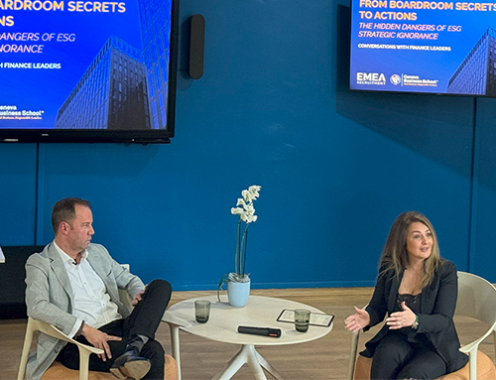
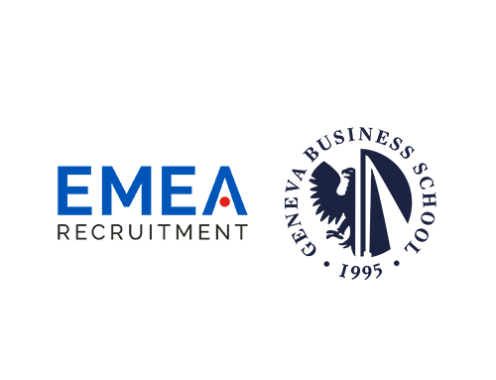
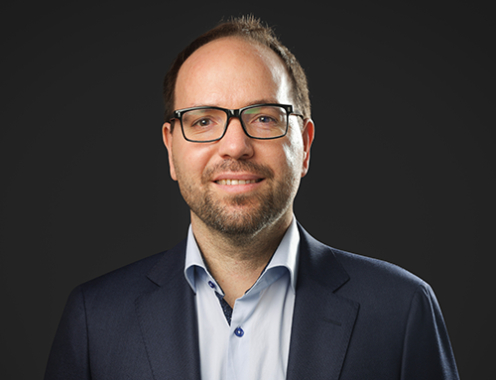
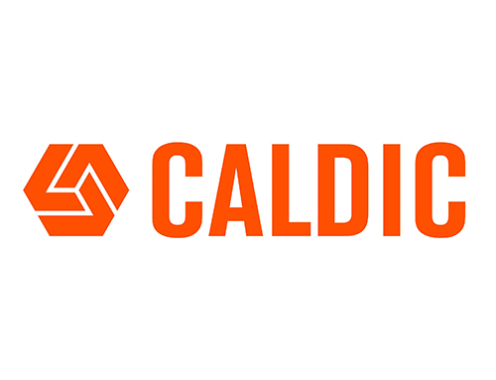
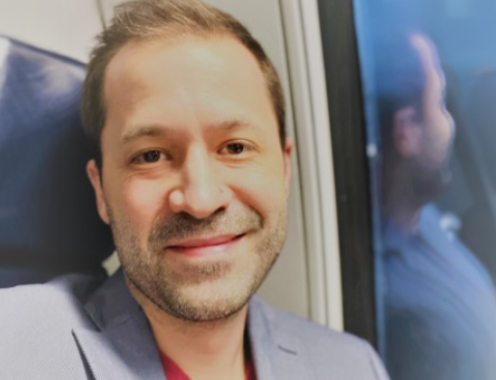
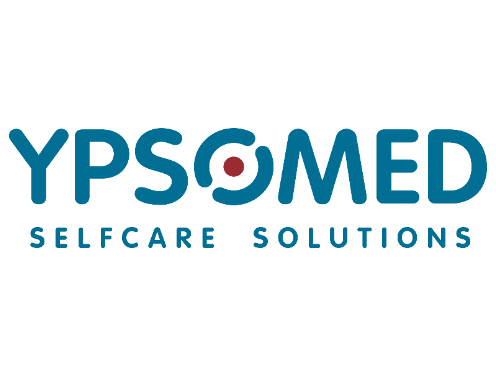
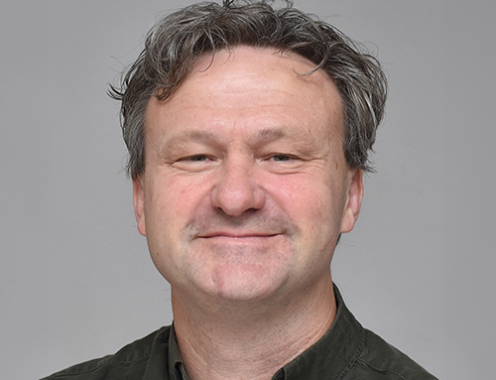
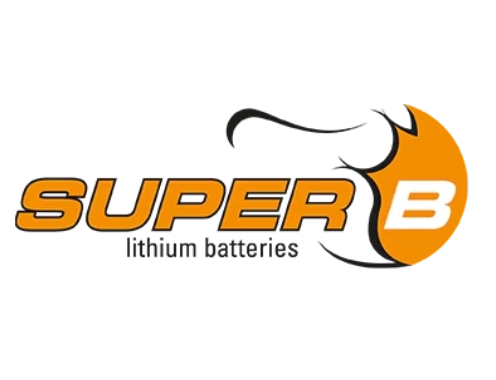
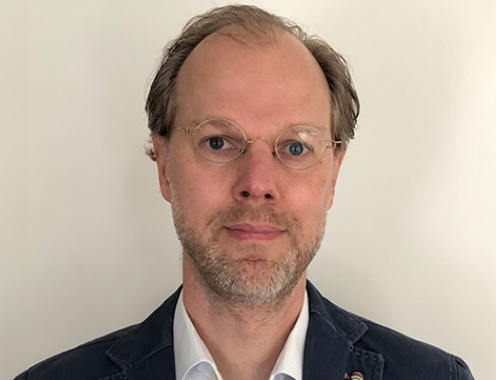
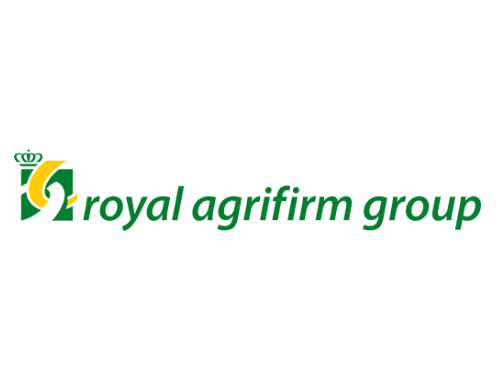
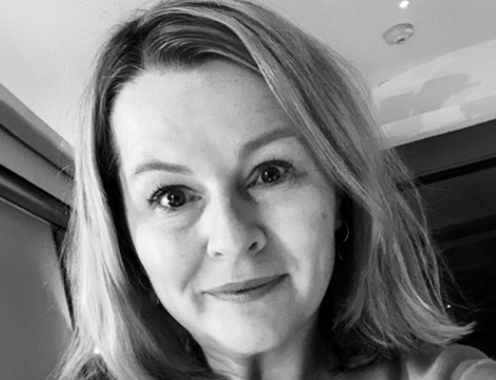
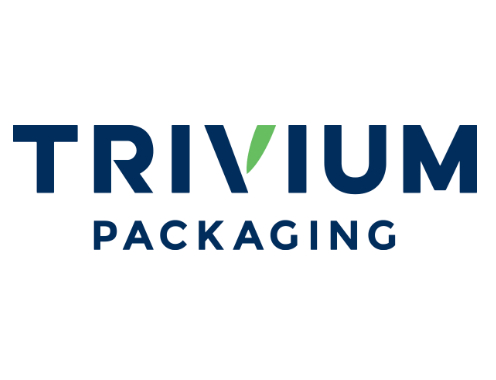
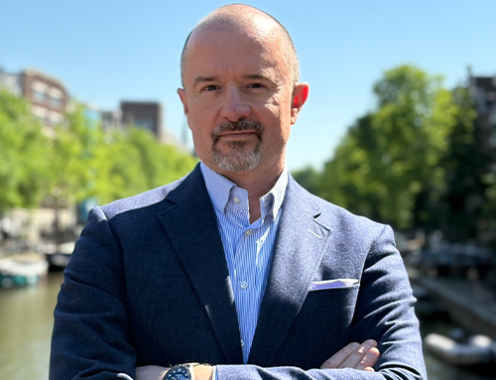
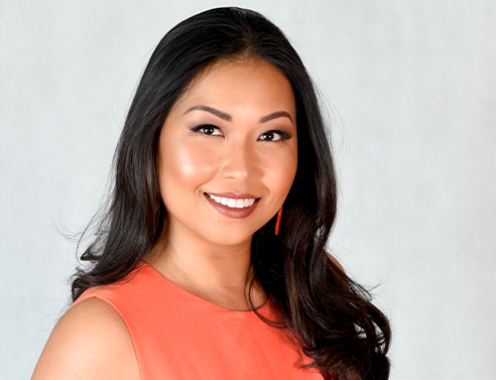
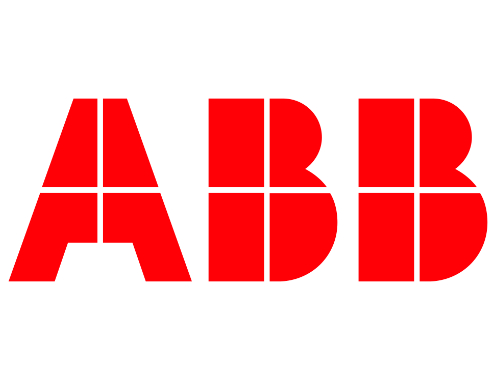
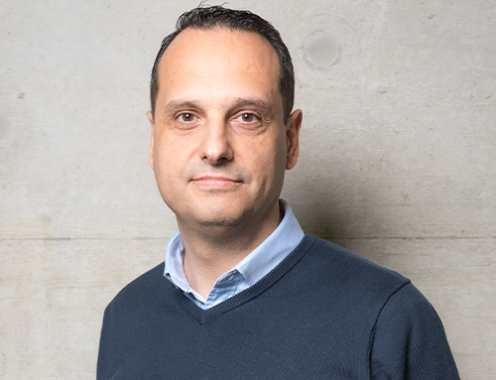
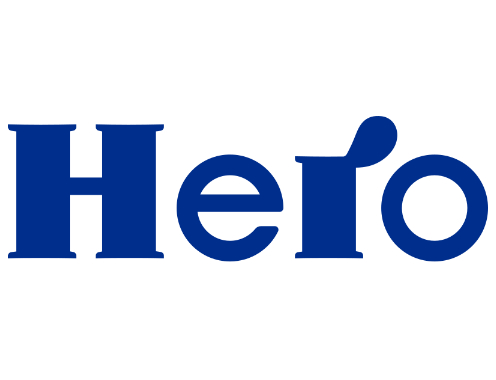


You can also use your social account to sign in. First you need to:
Accept Terms & Conditions And Privacy Policy